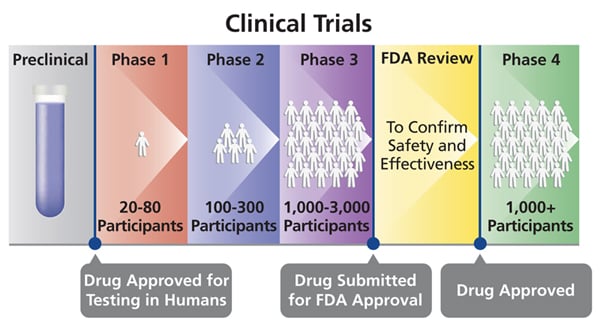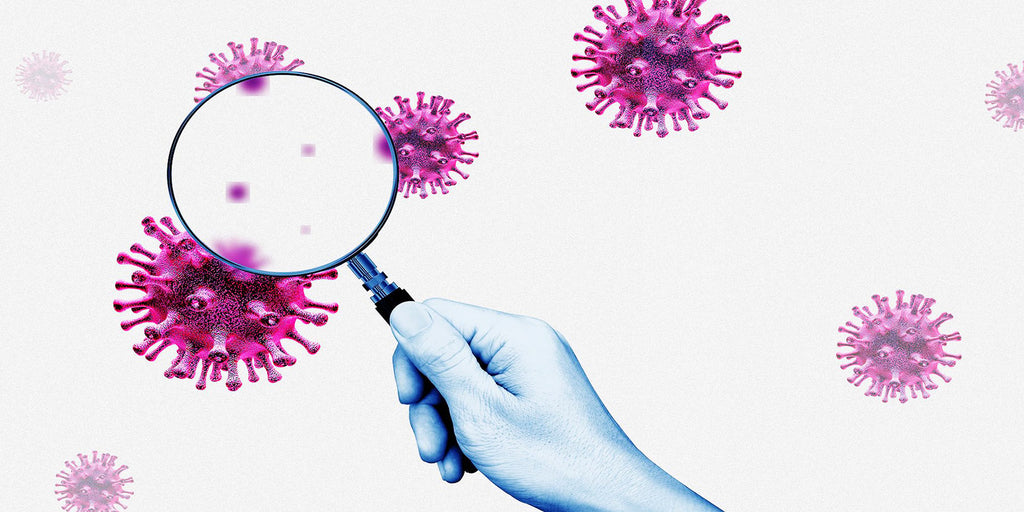Newly discovered coronavirus mutations warn vaccine developers
New research in China found 31 mutations in the genetic code of the coronavirus within 11 coronavirus patients. Nineteen of the mutations in COVID-19 were novel, meaning they had not been seen before. Researchers then infected live, non-human cells and observed six different mutations in the spike glycoprotein (S protein), which is how the virus attaches to and enters cells. There was also a significant difference in viral load between some mutations. The most aggressive strains of SARS-CoV-2 were able to generate 270 times the viral load as the weakest strains. The mutations could help explain why the virus seems to spread differently and cause varied severity of symptoms across different parts of the world. More disturbingly, the aggressive strains killed the human cells fastest. The study says the "true diversity" of the viral strains is underappreciated and must be understood in order to find a treatment or vaccine.

The team did not further fully explore what the mutations mean for vaccine development. However, this eye-opening finding means different strains of SARS-CoV-2 now affect different parts of the world, leading to huge challenges in finding an overall cure or a single vaccine effective against all these mutations. “Finally, similar to flu, drug and vaccine development, while urgent, need to take the impact of these accumulating mutations, especially the founding mutations, into account to avoid potential pitfalls,” said the study.

There are at least eight vaccines in clinical trials. If everything works perfectly, health professionals predicted that an approved vaccine could be available in 12-18 months. It’s generally acknowledged that there are at least three strains of the coronavirus. More research could guide whether these strains are different enough that vaccine researchers would need to adapt. More concerning are the strains that fundamentally change how the disease works. If the science is proven to be valid in this research, the six variations in the spike protein could prompt further study.
Although the research is not peer-reviewed yet, we should still take these evidences seriously no matter what.
------------------------------------------------------------------
References
- Hangping Yao, Xiangyun Lu, Qiong Chen, et al., Patient-derived mutations impact pathogenicity of SARS-CoV-2. medRxiv 2020.04.14.20060160; DOI: 1101/2020.04.14.20060160
- Peter Forster, Lucy Forster, Colin Renfrew, et al., Phylogenetic network analysis of SARS-CoV-2 genomes. PNAS, Apr 2020, 117 (17) 9241-9243; DOI:1073/pnas.2004999117
